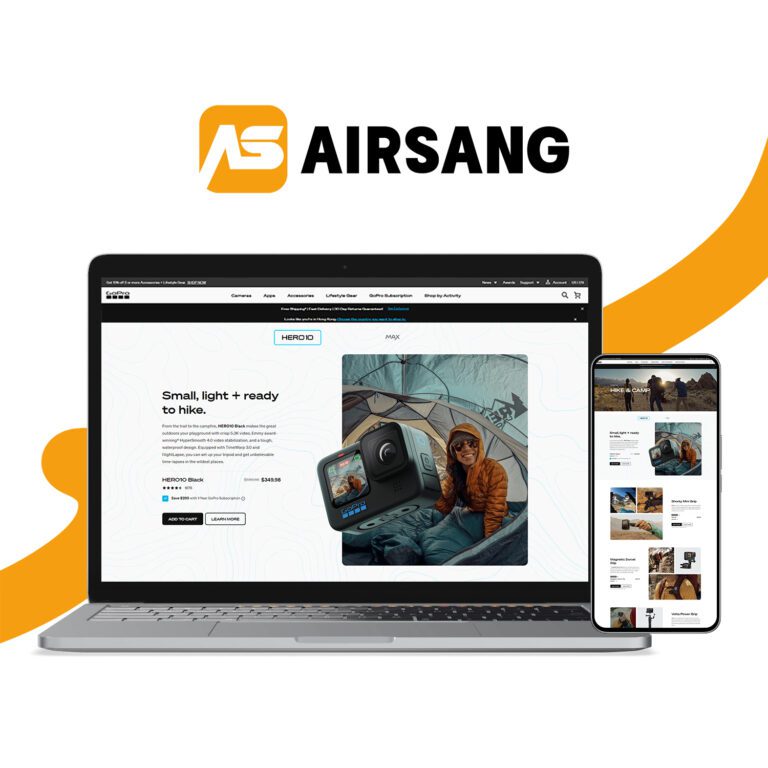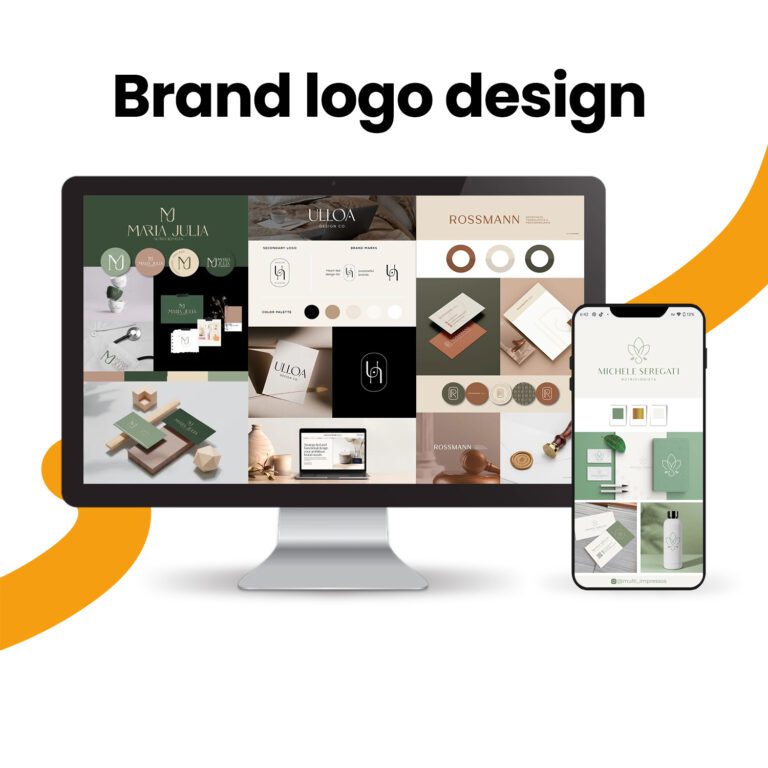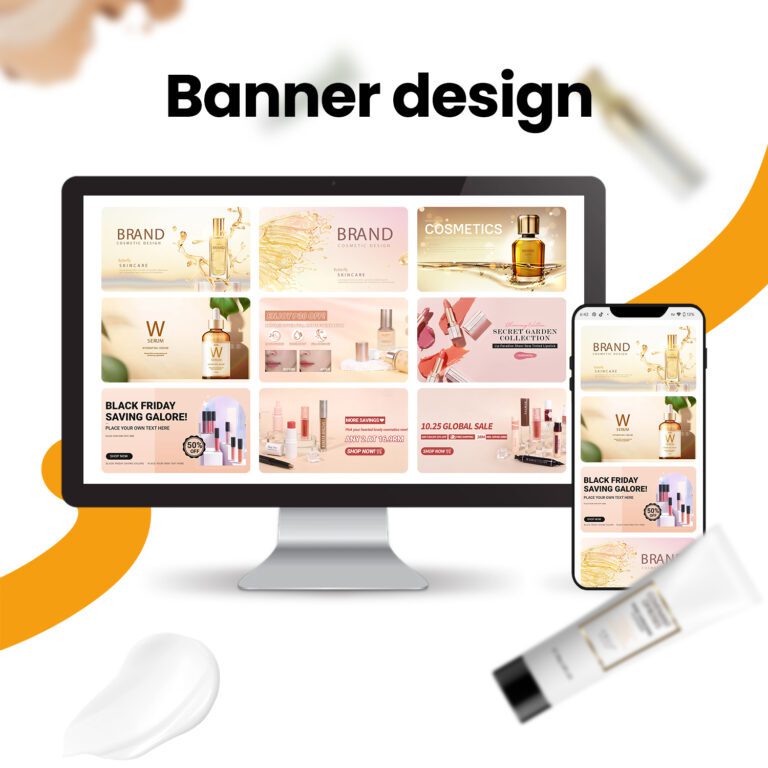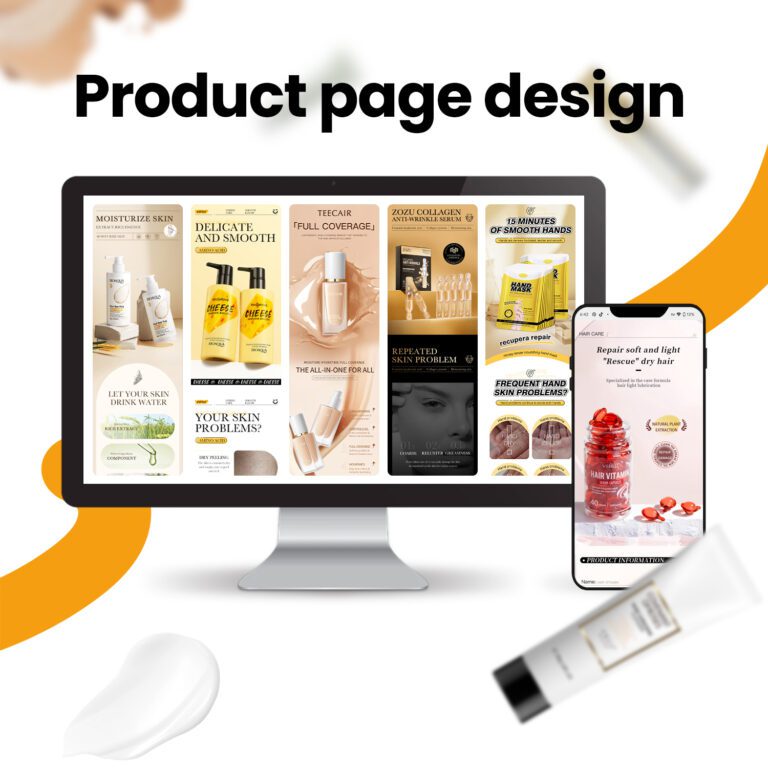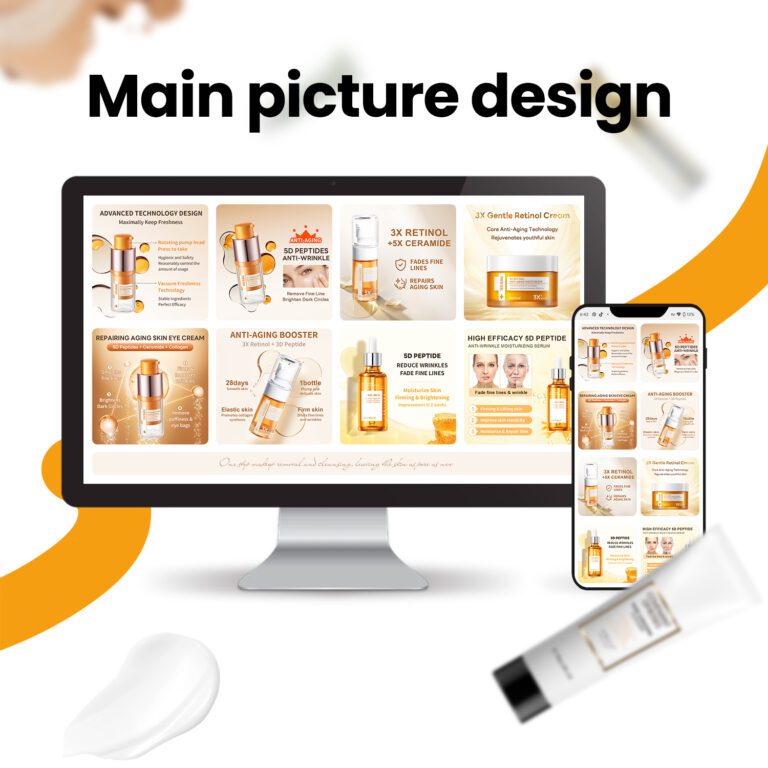Wix vs WordPress: Which One Wins?

Choosing between Wix and WordPress? This guide explores the key differences in usability, customization, and scalability to help you make the right call for your website.
Table of Contents
- Introduction
- Wix vs WordPress – At a Glance
- What Is Wix?
- What Is WordPress?
- Key Differences Between Wix and WordPress
- Design Flexibility
- Ease of Use
- App and Plugin Ecosystem
- SEO Capabilities
- Cost and Ownership
- Which Platform Is Best for Your Website?
- For Beginners or DIY Businesses
- For Growing Brands and Custom Needs
- The Role of Design in Platform Choice
- Why Design Still Comes First
- Visual Identity and Brand Consistency
- Why We Recommend WordPress
- Our Professional Perspective
- Long-Term Value
- Conclusion: Align Your Platform with Your Vision
Wix vs WordPress – At a Glance
When building a website, the first big decision is the platform. Two of the most talked-about names are Wix and WordPress. While both help users create a functional site without needing to code, they differ in flexibility, control, and long-term scalability.
Let’s break them down.
What Is Wix?

Wix is a drag-and-drop website builder that allows users to create websites quickly using pre-designed templates. It’s fully hosted, which means all infrastructure is taken care of by Wix itself — ideal for those who want to go live fast without managing technical details.
What Is WordPress?

WordPress.org is a self-hosted content management system (CMS) known for its power and flexibility. Unlike Wix, WordPress lets you host your site on any server and customize every part of it, from design to functionality — especially when paired with themes like XStore and builders like Elementor.
Key Differences Between Wix and WordPress
Choosing between Wix and WordPress isn’t just a tech decision — it’s a business decision that will shape your digital presence.
Design Flexibility
Wix: Offers over 800 ready-made templates. While visually appealing, these templates are limited in customization. Once chosen, a template can’t be changed without rebuilding the site.
WordPress: Provides unmatched flexibility. With thousands of themes (free and premium) and design tools like Elementor, you can tailor every section of your website. Whether you’re a small brand or a scaling startup, WordPress gives you full design freedom.
💡 At AIRSANG DESIGN, we leverage custom WordPress design to reflect a brand’s unique identity—whether it’s a wellness brand, luxury eCommerce, or creative portfolio.
Ease of Use
Wix: Extremely beginner-friendly. Drag, drop, publish — all in minutes. The interface is intuitive and requires no setup or external hosting.
WordPress: Has a steeper learning curve, especially in the early stages. But once set up (with the right support), it provides far more tools and possibilities for growth.
App and Plugin Ecosystem
Wix: Offers around 300+ apps through the Wix App Market. Most are simple add-ons like live chat, forms, or booking tools.
WordPress: Has over 60,000+ plugins, covering everything from eCommerce (WooCommerce) to multilingual sites, CRM integrations, and advanced SEO.
If your business needs features that grow with your audience, WordPress is the more future-proof option.
SEO Capabilities
Wix: Supports basic SEO functions like alt text, page titles, and meta descriptions. However, the structure of its URLs and codebase can limit technical SEO performance.
WordPress: Known for superior SEO capabilities. Paired with plugins like Yoast SEO or Rank Math, WordPress gives full control over sitemaps, schema, redirects, and more — a major plus for brands targeting long-term organic traffic.
Cost and Ownership
Wix: Charges monthly or annual subscription fees. You’re paying for an all-in-one bundle — hosting, design, support — but you don’t own the full site infrastructure.
WordPress: Software is free, but you’ll pay for domain, hosting, themes, and premium plugins. That said, you own your data, and you’re free to move your site wherever you want.
Which Platform Is Best for Your Website?
The answer depends on your business goals, budget, and future plans.
For Beginners or DIY Businesses
Wix is a solid choice if:
- You need a personal site or small business landing page.
- You don’t want to manage hosting or maintenance.
- You prefer a hands-off setup with limited customization.
However, keep in mind that as your business grows, migrating from Wix to WordPress can be challenging. If you anticipate needing a blog, shop, or custom layout down the line, WordPress is worth considering from the start.
For Growing Brands and Custom Needs
WordPress is ideal if:
- You want full design and functionality control.
- Your site needs to integrate with tools like Mailchimp, CRM, or analytics.
- You’re planning to scale — either traffic, sales, or multilingual content.
Even though it takes more effort to get started, WordPress delivers long-term freedom. That’s why most large brands, media companies, and eCommerce platforms rely on it.
The Role of Design in Platform Choice
While platforms offer structure, design is what makes your brand unforgettable.
Why Design Still Comes First
A website isn’t just a digital brochure — it’s your customer’s first impression. Regardless of platform, good web design:
- Builds trust and professionalism
- Guides users through a clear journey
- Reflects your brand values
With Wix, you’re often limited by pre-set layouts. With WordPress, we can fully design for conversion goals, storytelling, and brand personality.
Visual Identity and Brand Consistency
Using WordPress, we build custom layouts aligned with:
- Your logo, color palette, and fonts
- Product positioning and price point
- Niche market preferences
For example, a minimalist site for handmade jewelry has a very different feel than a bold landing page for an outdoor gear brand. We make sure design matches your strategy — not just trends.
Why We Recommend WordPress
Our Professional Perspective
At AIRSANG DESIGN, we’ve worked with both platforms, and while Wix works for basic sites, we find WordPress delivers better long-term results — especially when brand storytelling, SEO, and conversion optimization matter.
We’ve helped brands in fashion, wellness, furniture, and tech launch scalable, high-performing WordPress sites that not only look good but also sell better.
Long-Term Value
WordPress is more than a CMS — it’s a foundation for business growth.
- Easier to evolve your site as needs change
- Better suited for serious SEO and content marketing
- Supports custom integrations with tools you already use
If you’re serious about building a long-term brand online, WordPress wins on flexibility, customization, and return on investment.
Conclusion: Align Your Platform with Your Vision
Choosing between Wix and WordPress is about aligning your current needs with your future goals. If you’re building a quick site for a short campaign, Wix might work just fine. But if you’re investing in your brand and online business, WordPress provides the power and freedom you need.
No matter which platform you choose, great design is essential — and that’s where we come in.
At AIRSANG DESIGN, we specialize in WordPress website design that turns vision into conversion. From layout planning to mobile optimization and custom UI/UX, we help brands launch with clarity, creativity, and confidence.

